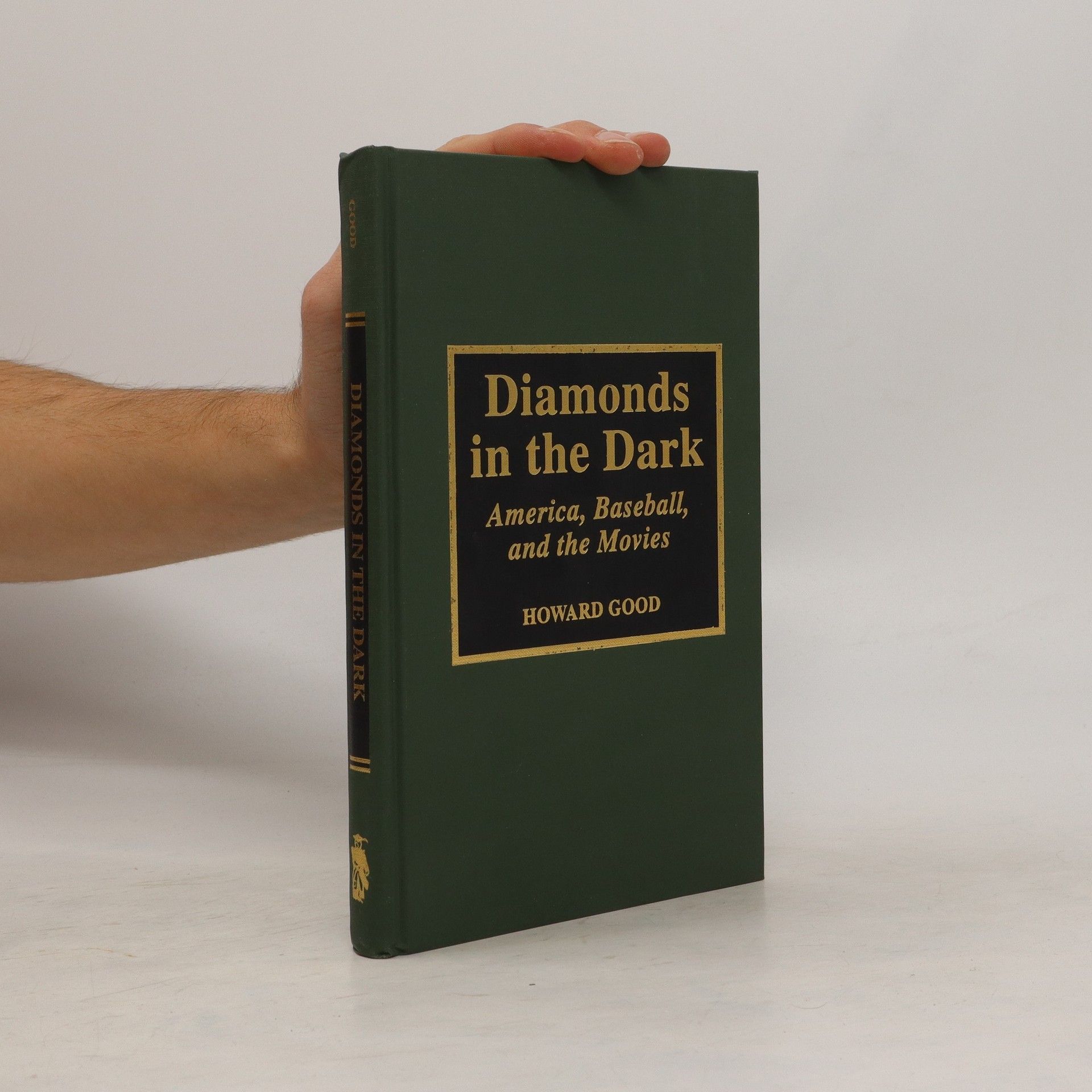Within the pages of this unique book, Howard Good examines Hollywood's love affair with baseball, providing information on hundreds of films. He also discusses the evolution of the baseball genre, the symbolic use of baseball paraphernalia in films, the various settings in which baseball has been played in films, and the significance of those settings. Good analyzes the biographical films of the great ballplayers; the use of stock baseball characters like the rookie pitcher and the corrupt team owner; and major themes on the human condition.A true treasure for anyone who looks forward to spring not because it brings the birds and flowers, but because it brings the beginning of another baseball season.
Howard Good Bücher
Howard Goods Lyrik befasst sich mit dem Gefüge des zeitgenössischen Lebens und erforscht dessen inhärente Absurditäten mit einem scharfen und oft ironischen Blick. Seine Verse zeichnen sich durch scharfe Beobachtung und unerwartete Wendungen aus, die den Leser zum Nachdenken über die Welt um ihn herum anregen. Mit einer meisterhaften Mischung aus Detailreichtum und Witz verwandelt er alltägliche Momente in eindringliche poetische Bilder.
